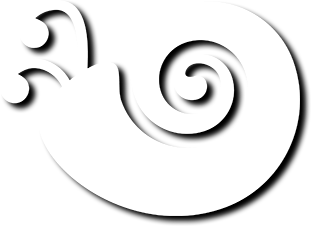REDUCE = LIMIT
The principle of limiting refers to avoiding exaggerated purchasing. The excessive consumption causes the accumulation of many unnecessary objects, which we are throwing away without paying attention to the environment.
MENU
According to the report of the Organization of United Nations (FAO), more or less one third of produced food (1.3 billion of tons) is being thrown away. The Federation of Polish Food Banks says that 30 percent of consumers in our country admits to wasting of food, which is about 4 millions tons of food per annum.
In our preschools, food orders are being executed 2 or 3 times in a week. Thanks to that we can order smaller amount of food, which is always fresh and is not wasted.
Meals are being prepared in our own kitchens; we use seasonal vegetables and fruits, wholegrain cereal and flour.
We are not using: white sugar, preservatives and the monosodium glutamate, artificial colorings, ready- made sweets and cookies.
ENERGY
From the earliest years, we teach children, that turning off the electrical appliances and devices in their houses and the preschool, helps the energy savings and it prevents excessive emission of the carbon dioxide to the atmosphere.
HOUSEHOLD DETERGENTS
For the classrooms cleaning we use natural household detergents such as baking soda, vinegar, lemon. By adding tea-tree essential oil, we clear out germs and bacteria as it has strong, antiseptic effect.
REUSE = USE AGAIN
In today’s world disposability dominates. We try to provide children with objects made with durable materials. Preschool furniture and learning materials are made of wood.
Do you know that if each of us throws away only one jar, annually nearly 10 thousand tons of glass will be collected in Poland. Thus in our preschool all collected jars (spices, jam or honey) are used as materials to create small objects for practical use.
RECYCLE = RECOVER
In the preschool we use the two-tier toilet paper made one hundred per cent of cellulose acquired in the revolutionary recycling process of the “Tetra Pak” packages known universally as the “carton” for milk, juice or other drinks.
PRESCHOOL CLOSE TO THE NATURE
We do not consider ecology as an industry. It is a style of living, our everyday gestures and practice, i.e. our own garden, the healthy kitchen, the way of spending free time and even choice of way of communication. We teach children ecological practice, which they can apply in their rooms, on the playground and in the preschool. By observing the nature we learn why leaves are falling, frogs are croaking, and ants are living underground. Ecology is for us a daily life following the nature: own garden on the playground, watching of worms in the grass or feeding birds in the winter.



